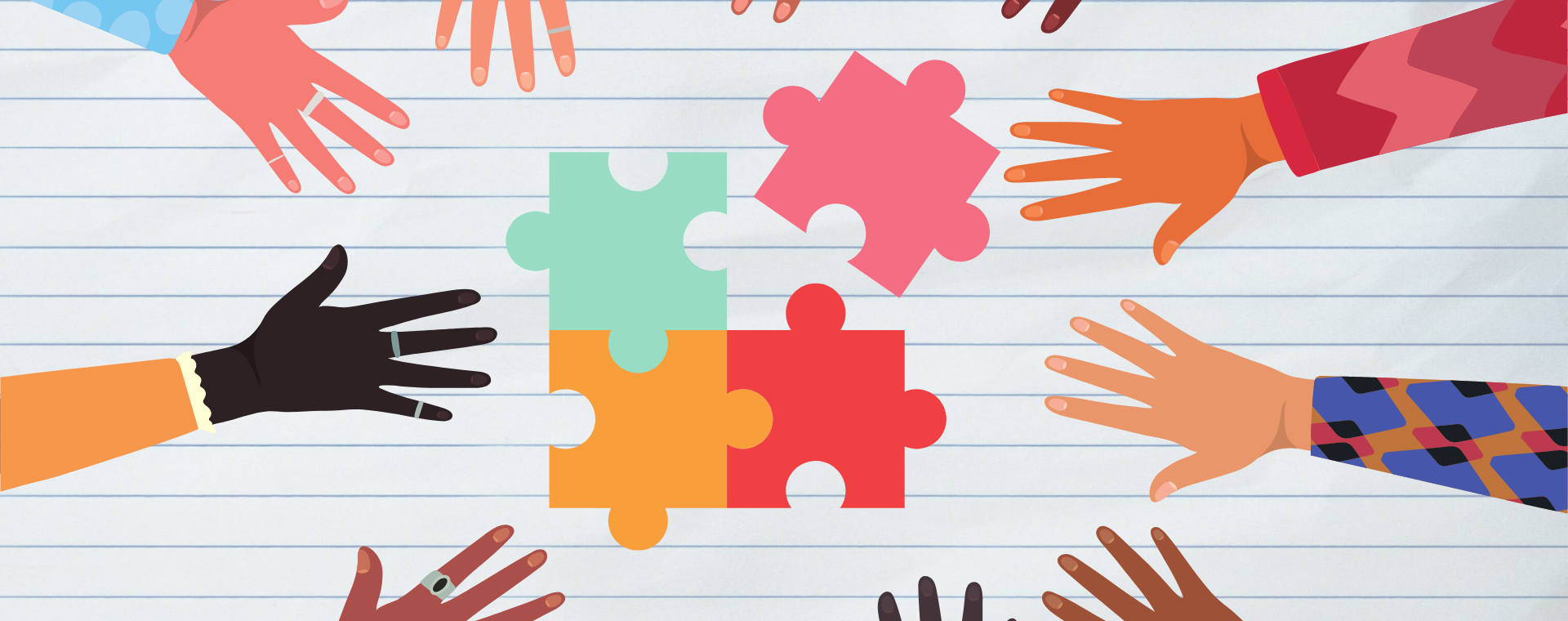
This is a reflective essay written as part of the WISE Emerging Leaders program.
In all organizations, there is a need for people to work with each other and across departments to turn great project ideas into reality. In most companies, we rely on frameworks, systems and processes to foster this collaboration and, as I am sure many people have experienced, there are consistent breakdowns in this process: You have a meeting, establish ways of working, document this and 1-3 months later, there is some failure or another due to people within the system created not seeing eye-to-eye on one initiative or another.
The first residential session of the WISE fellowship focused on collaboration and you can imagine my confusion when the majority of the residential focused on the self when we were talking about something that required more than one person to achieve. Our learnings over the course of the two weeks reminded me of the popular saying that the only person you cannot escape is yourself; something that holds true in the interpersonal relations which are the foundation of collaboration. This got me rethinking how to approach building collaboration at an organizational level: what if, instead of focusing just on frameworks, systems and processes, we also dedicated time to a greater understanding of the self in our quest to create collaborative teams and organizations?
One of the key things I focus on as a leader is cohesiveness in my team and I tend to invest time in team building activities like sharing results of personality tests to get team members to understand each other. To be honest, I never thought of these activities as a basis for fostering greater collaboration through a greater understanding of oneself – I simply did it because I have found that building a foundation of understanding for each other’s perspectives and quirks is essential for a harmonious working environment – less squabbles, passive aggressiveness, etc. However, as I reflect on the teams I have managed over the years through the lens of the learnings from this residential, I realize that an unintended side effect of just wanting peace in the domains I manage was that people could better understand themselves. This greater understanding led to better self-regulation of their reactions to potential conflicts and helped circumvent a lot of conflict that could have led to a breakdown in teamwork.
Last year, I moved from managing one team to multiple teams and have been grappling with how to replicate these team building activities at scale. However, if you think of every project involving individuals from multiple teams as a mini team in its own right and apply the same principles, you should get the same results; and as team members see it working, they can replicate it in their own teams, creating a ripple effect of change.
So my challenge to us is this: as we start new projects and think about how best to work together to achieve our aims; as we think of bringing about systemic change in education and how each of us can work together effectively with our different experiences, backgrounds and perspectives, it behooves us to throw in a discussion of a personality test or two as we align on project timelines and assign responsibilities. It is important to spend some time looking inward even as we aim to harmonize externally.


